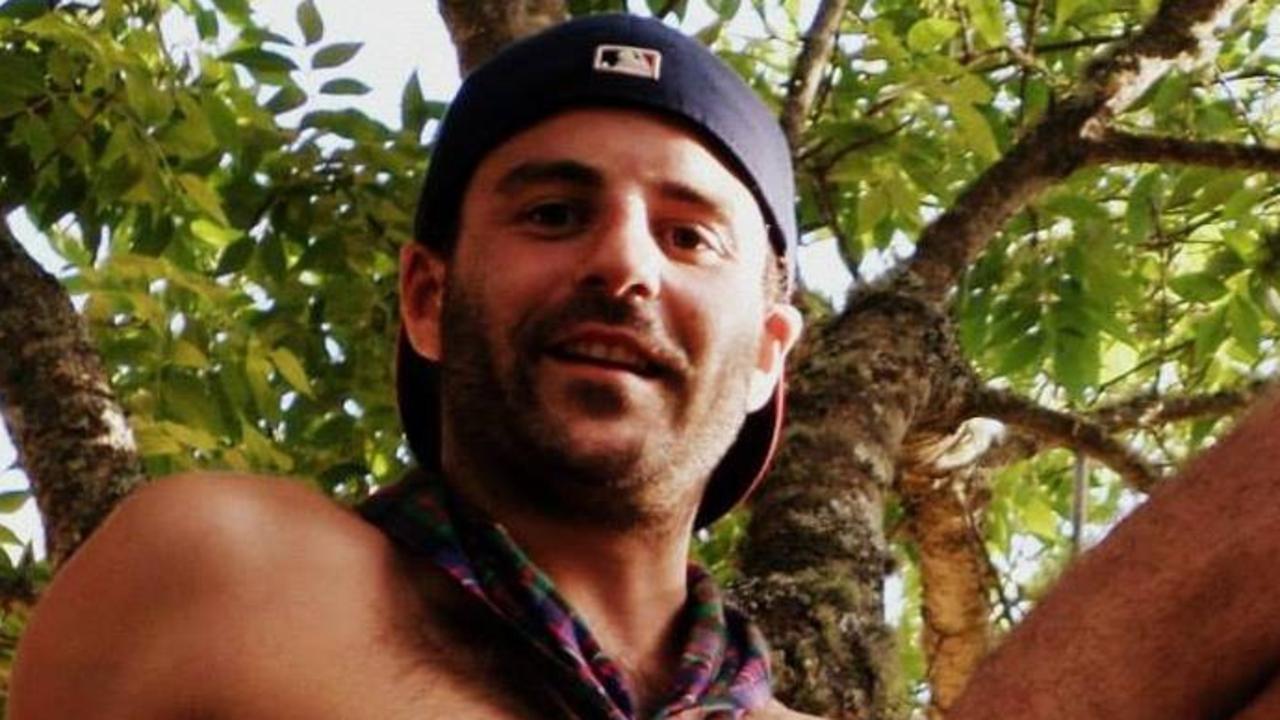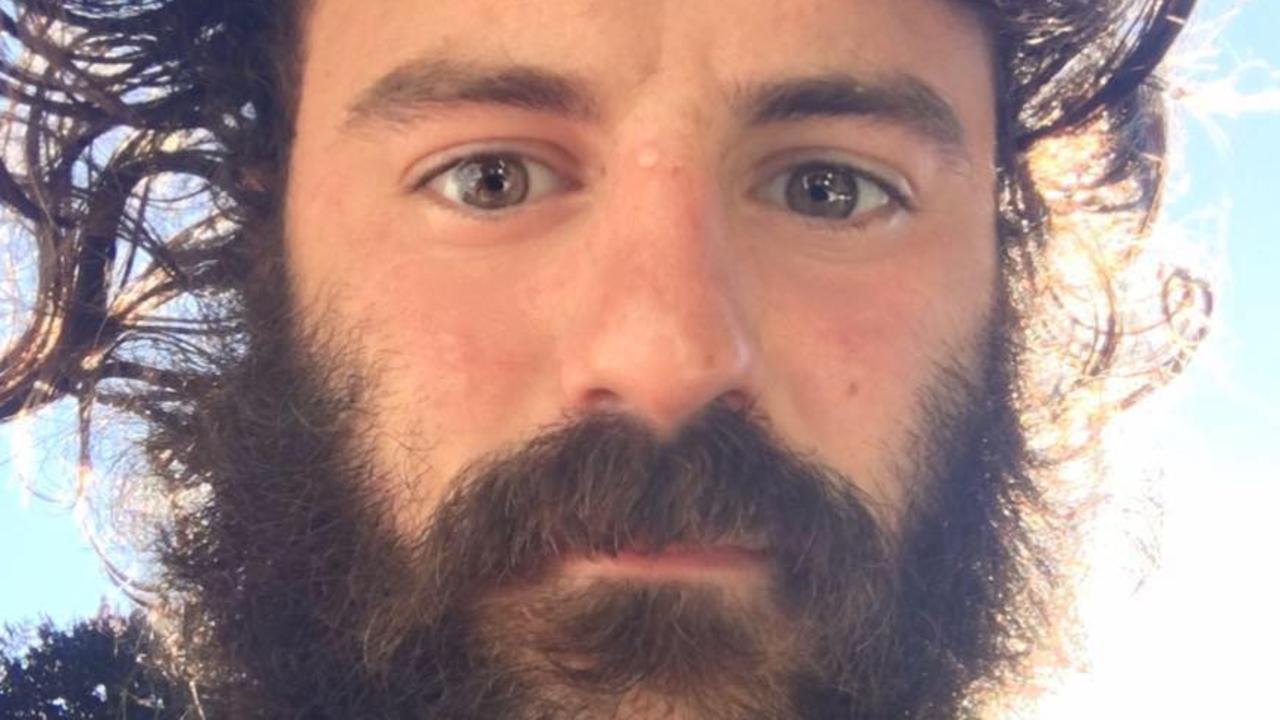Belgian backpackers tragic death was preventable, coroner finds
The death of a backpacker who collapsed while picking pumpkins in North Queensland little more than a month after he arrived in Australia could have been prevented, a coroner has found.
Police & Courts
Don't miss out on the headlines from Police & Courts. Followed categories will be added to My News.
The tragic death of a young Belgian backpacker who collapsed while picking pumpkins on a North Queensland farm could have been prevented if his employers had properly identified and mitigated the risks of heat stroke, a coroner has found.
Belgian man Olivier Max Caramin, 27, died on November 1, 2017, one day after he collapsed while picking pumpkins in up to 40 degree heat at a Home Hill farm about 100km from Townsville.
In non-inquest findings handed down by Northern Coroner Nerida Wilson, it was found Mr Caramin’s death was preventable.
“The failure to properly identify the risk of heatstroke and the failure to implement adequate controls exposed Mr Caramin to the risk of death,” Coroner Wilson found.
Mr Caramin had arrived in Australia for a working holiday on September 19, 2017 and in late October, he checked into a backpacker hostel in Ayr before starting work the following day for labour hire contractor Bradford Clark Rosten.

On October 29, he worked picking watermelons at an Ayr farm and the following two days he worked at the Fredericksville Farm at Home Hill picking pumpkins.
Ms Wilson said on October 31 while working at the pumpkin farm in what workers described as “extreme” heat and humidity, Mr Caramin appeared to be struggling.
“…at around 2.30 to 3pm, he became delirious and commenced acting erratically, jumping on the trailer, running around the field, flaying his arms about, stumbling, staggering around, and that he ran across the paddock where they were working, subsequently collapsing, convulsing, and becoming unconscious,” a police statement said.
Workers attempted to help Mr Caramin and when ambulance officers arrived, they found the young backpacker was “hot to touch, unconscious and his temperature was recorded as 48 degrees”.
The 27-year-old was taken first to a hospital in Ayr and then to Townsville where doctors noted his condition was consistent with heatstroke.
Tragically he died early the following morning with a post-mortem revealing he suffered multiple organ failure as a consequence of heatstroke.
An Office of Industrial Relations (OIR) investigation found the average apparent temperature at the farm on the day Mr Caramin died was 32 degrees in the shade and 40 in the sun.
“The shifts Mr Caramin was working (7.5 hours), without physiological adaptation to the level of heat stress in the working environment, placed him at risk of a heat-related illness,” the OIR found.

“The OIR further identified there was pressure being placed on the workers to continue picking and packing pumpkins notwithstanding a number of workers raising concerns about the environmental conditions on the day.
“The employer’s failure to adequately assess the environmental conditions and working in the direct sun with little to no shade was a significant contributing factor to Mr Caramin’s death.”
The OIR found Mr Caramin was not properly acclimatised to the heat which was a significant contributing factor to his death.
It found there were no safe work procedures that addressed working in an outdoor environment other than wearing sunscreen and a hat, no PPE was supplied to workers, there was no dedicated first aid officer on site, there was very little shade available and no cool area where workers could take breaks and Mr Caramin received no induction upon starting employment.
The contractor Bradford Clark Rosten was subsequently prosecuted by Workplace Health and Safety and was ordered to pay a $65,000 fine after pleading guilty to breaching the health and safety legislation and failing to comply with health and safety obligations. No conviction was recorded.
M & L Zabala Investments, the company which leased the Fredericksville Farm, was also prosecuted for failing in its duties to ensure the farm was without risks to health and safety, in particular it failed to provide shade near workers.
Zabala pleaded guilty to failing to comply with its health and safety duties and was fined $100,000 with no conviction recorded.
A WPHS investigation found safety controls could have been implemented at the farm including shade for rest areas, a thermal risk assessment, training in heat stress management and rescheduling picking to cooler parts of the day.
Coroner Wilson noted the results of the Harvest Trail Inquiry which found young foreign national had a particular vulnerability working in Australian agricultural workplaces.
“The findings of the inquiry included that there was a negative impact on workers where labour hire arrangements were used, as was the case here,” she wrote.
The coroner also offered her condolences to Mr Caramin’s loved ones.
“I extend my sincerest condolences to Mr Caramin’s parents and his family for their devastating loss,” she wrote.
“It is an absolute tragedy that a young man on a working holiday in Australia died in circumstances that were wholly preventable.”



